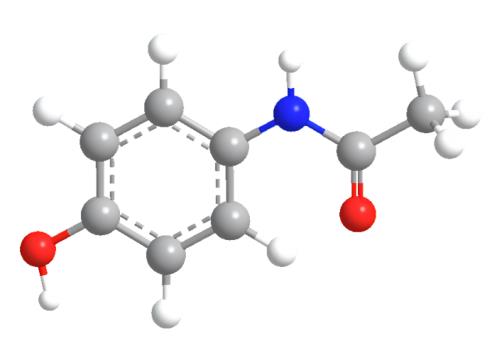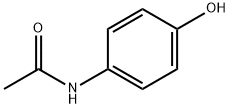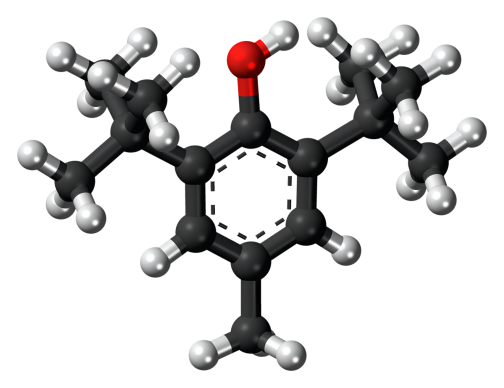The Side Effects of Acetaminophen
Acetaminophen is a pain reliever and a fever reducer.

Even though it has a long history of being widely used, experts do not understand exactly how acetaminophen works on the body. It is thought to reduce the amount of chemicals in the brain that cause inflammation and swelling.
Acetaminophen is used to treat mild to moderate pain, moderate to severe pain in conjunction with opiates, or to reduce fever. Common conditions treated include headache, muscle aches, arthritis, backache, toothaches, sore throat, colds, flu, and fevers.
Additionally, it reduces the sensation of pain by elevating one's pain threshold. The part of the brain that regulates heat is impacted by acetaminophen, as it is told to lower the body's temperature when it is too steep.
In general, acetaminophen is a well-tolerated drug, thus few side effects are often experienced. Normal side effects of the drug include nausea, stomach pain, loss of appetite, headache, yellowing of the skin or eyes, and dark urine.
While most people don't have problems with acetaminophen when taken as directed, it is possible to experience serious adverse reactions. An allergic reaction marked by difficulty breathing, hives, severe itching, peeling or blistering skin, and swelling of the face, lips, throat or tongue are all reasons to seek immediate medical attention.
Periodically, the drug can cause serious side effects, including severe skin reactions and allergic reactions. Large doses of Tylenol can initially trigger stomach cramps and nausea before physical conditions quickly deteriorate, leading to liver injury, liver failure and death.
Related articles And Qustion
See also
Lastest Price from Acetaminophen manufacturers

US $0.00-0.00/kg2025-07-11
- CAS:
- 103-90-2
- Min. Order:
- 1kg
- Purity:
- 99%pure
- Supply Ability:
- 20 tons

US $50.00/KG2025-06-27
- CAS:
- 103-90-2
- Min. Order:
- 1KG
- Purity:
- 99.%
- Supply Ability:
- 10 ton





